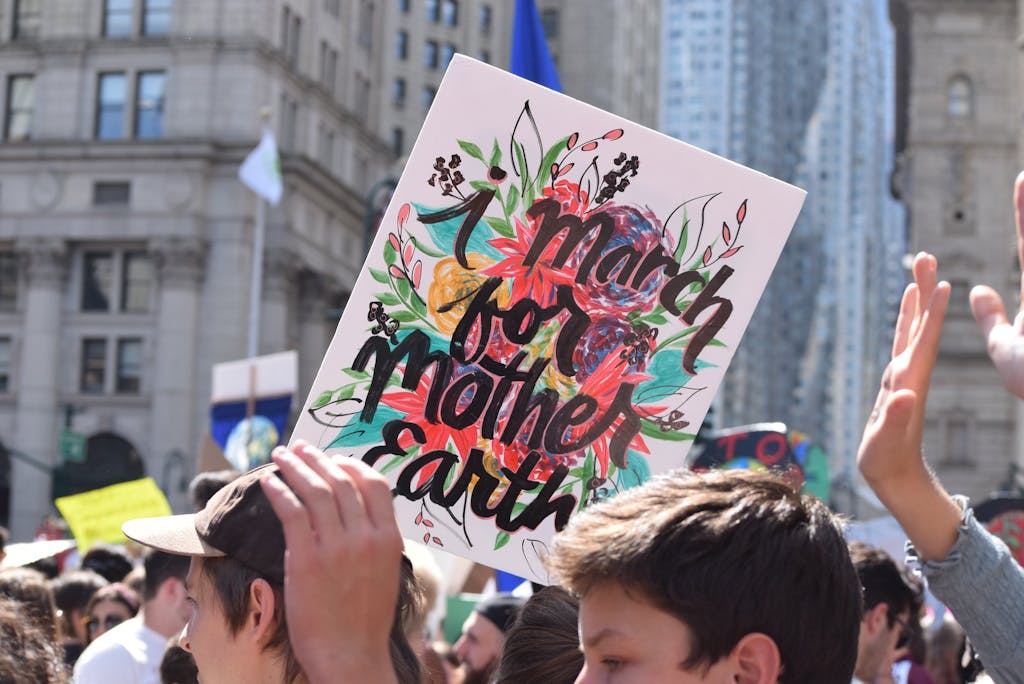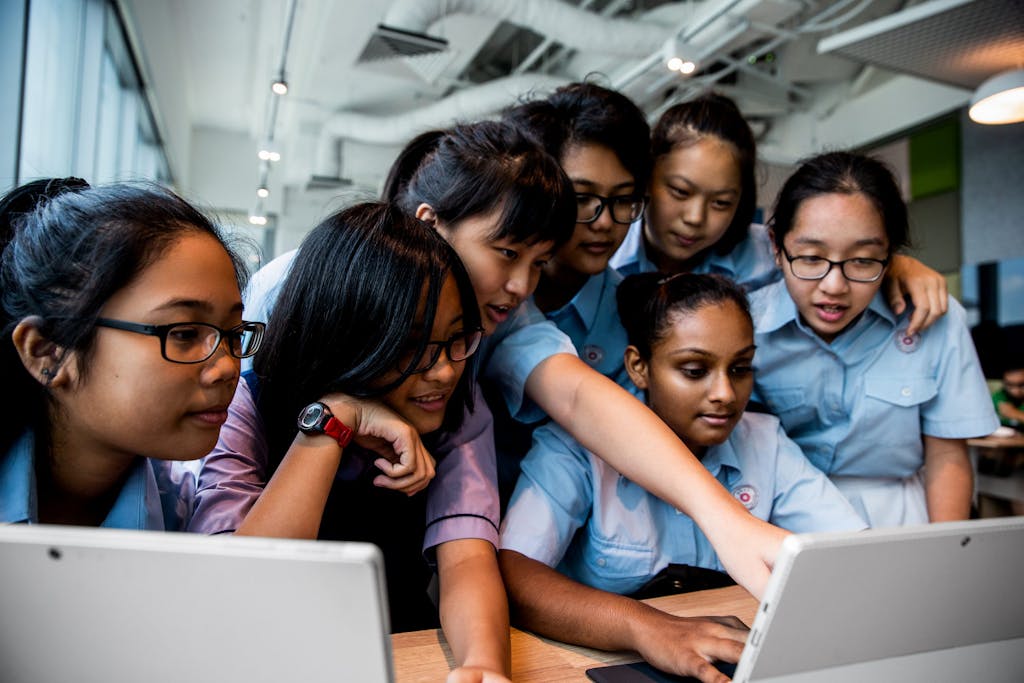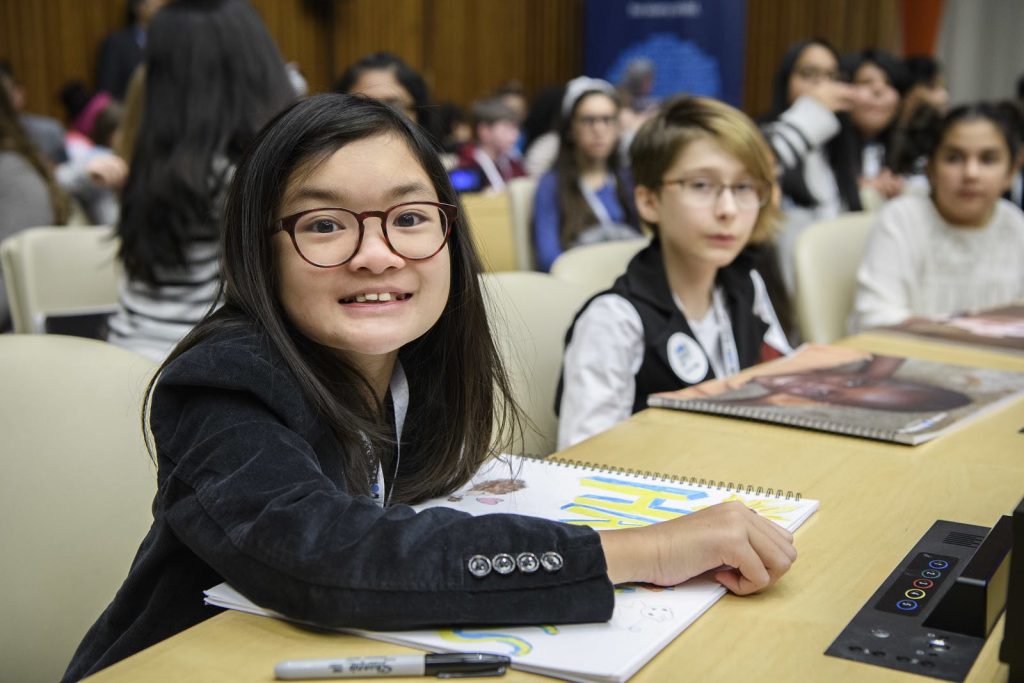It’s value repeating that the latest predictions of multilateralism’s demise have a generational part to them. youthful individuals are, by and massive, reasonably hopeful for the future and think about strongly inside the value of worldwide institutions simply like the United Nations. the factors they care about — local climate change, human rights, financial alternative — have worldwide dimensions that require multilateral options.

Forty p.c of the world’s inhabitants is aged 24 or youthful, roughly three.2 billion youthful of us. That decide is ready to develop by 200,000 by 2050, and the overwhelming majority of youth shall be in Asia and Africa.
youthful individuals are rising up in a world marked by interconnectedness, change, calamity (in some parts), and uncertainty.
Their lives have been upended by a worldwide pandemic that has additionally dealt a blow to the economic system that will reverberate by way of their working lives. And even the dip in worldwide emissions is liable to be quick-lived feeding what has change proper into a worldwide local climate emergency.
Roughly 1 in 5 adolescents worldwide suffers from psychological well being circumstances. COVID-19 has solely compounded the draw again. It’s not exhausting to know why. schools are closed. the worldwide economic system is sagging. Alcohol, drug use, and consuming issues are up, and isolation is the mannequin new regular.
almost 1.5 billion youngsters worldwide have been affected by school closures. of these, one-third — some 463 million — can not do distant studying as a consequence of they lack entry to the on-line.
Amid such deep uncertainty, youthful individuals are rightfully impatient for change. They search a greater world, bolder management, and a brighter future.
This was the resounding message we took away from a latest digital dialogue between former U.S. Secretary of State Madeleine Albright, former U.S. Ambassador to Japan Caroline Kennedy, and 4 current and former college students from the Marble Hill school for worldwide research inside the Bronx.
These youthful individuals are clear-eyed with reference to the stakes. They understand the value of multilateral institutions. They care deeply about worldwide challenges, and in addition they want a seat on the desk.
Surveys again up this assertion. a worldwide “listening tour” carried out this 12 months by the United Nations found that youthful of us have been means extra optimistic with reference to the prospects for change to understand a greater world than their older friends. past recovering from the current pandemic, they favor settling ongoing conflicts, constructing resilient societies, tackling local climate change, and attaining sustainable consumption. whether or not it is COVID-19 or local climate change, youthful of us favor inclusion as a part of their options to worldwide challenges, as properly as to extra safety for weak populations and a fairer economic system.
that is a part of what UN Secretary-regular António Guterres means by multilateralism that is extra “networked and inclusive.” To emerge from the pandemic stronger and extra resilient, multilateralism wished to range into extra inclusive — bringing in voices from civil society, enterprise, native leaders — and intergenerational.
A dedication to at least one among these inclusion was evident on the UN’s first-ever digital regular meeting in September, permitting report numbers of attendees, world leaders, and youthful of us, collectively with members of social actions and even the okay-pop band BTS, to take part. It was primarily the most inclusive opening session but of of us throughout ages and geographies.
although we hope to convene in particular person subsequent 12 months, all of us know that throughout work, education, well being care, and diplomacy, the pre-pandemic method of doing enterprise now not will decrease it. Even after COVID-19 has receded from the headlines, this disaster has underscored the significance of holding extra inclusive conversations going forward.
we needn’t encourage the following period of future leaders — they’re already impressed and in a place to be catalysts of change. think about the fact that campus chapters are the quickest rising a part of the United Nations affiliation of america of yankee (UNA-USA).
youthful generations understand the stakes are extreme. Their futures rely upon the flexibility of collective movement and worldwide institutions to bend the curve on emissions, to attain the Sustainable progress targets, and to deal with factors with intergenerational justice.
but there’s nonetheless a lot work to be achieved. The UN’s worldwide dialog additionally revealed that too many people throughout the globe view the UN as distant from their lives.
The onus is on older generations to forge new and significant partnerships throughout a extra various set of stakeholders.

Digital utilized sciences are important to assist us try this. This requires guaranteeing that youthful of us internationally possess the digital abilities to compete in tomorrow’s economic system. With almost half the globe nonetheless unconnected, we should do extra urgently to close the digital divide. youthful individuals are thought-about digital natives, however they will’t excel, prosper, or innovate with out entry to these utilized sciences.
“For too prolonged, the voices of youth have been sidelined in discussions about their future,” in response to the UN75 Declaration signed by world leaders in September. “This has to range now by way of significant engagement with youth.”
We couldn’t agree extra.
Featured picture: UNA-USA

